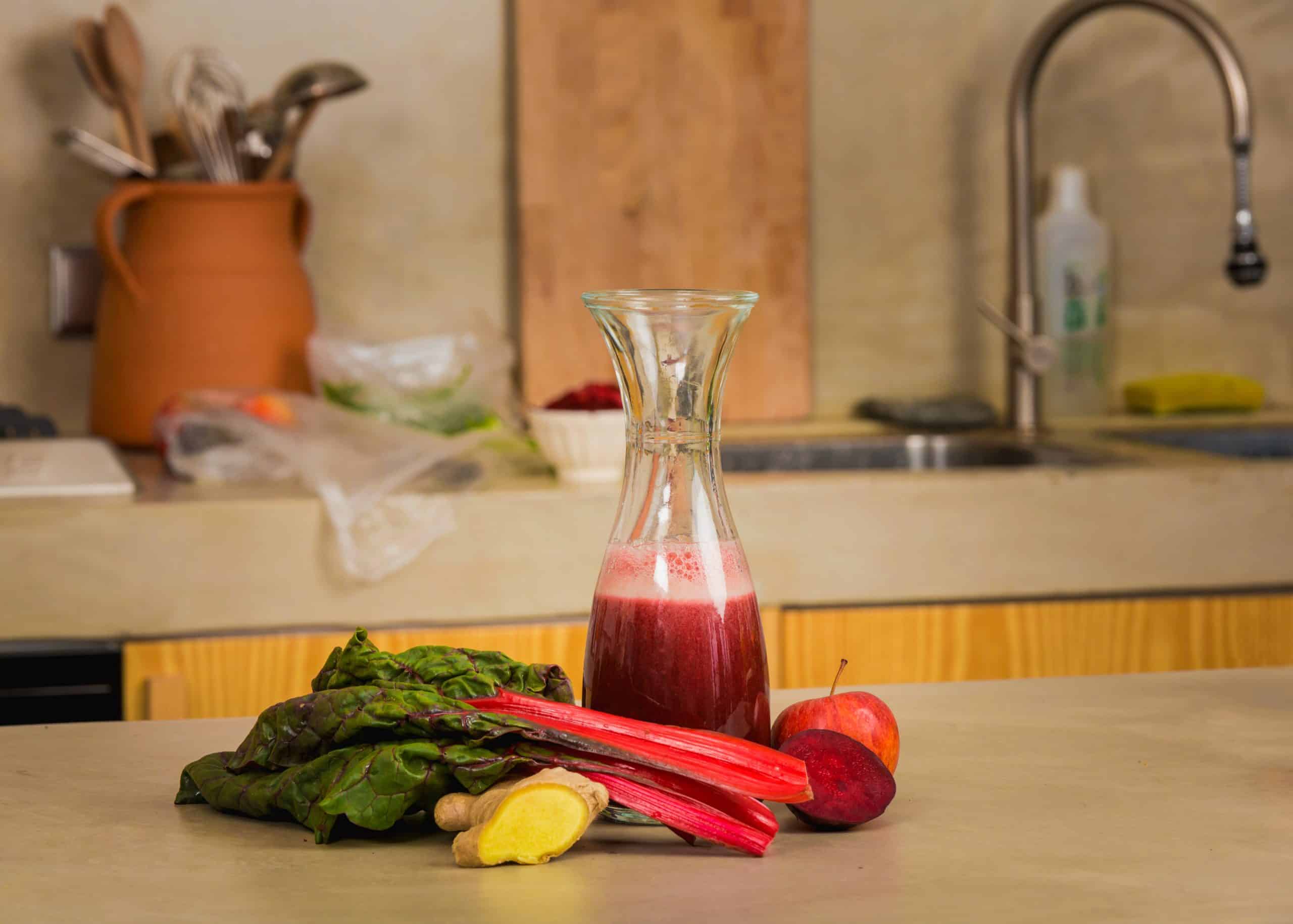How to Develop a Plant-Based Diet that Satisfies Nutritional Needs for UK Residents?

As we march forward into 2024, the trend towards a more eco-friendly lifestyle continues to gain momentum. One particular facet of this trend that’s been garnering a lot of attention is the shift towards plant-based diets. Whether it’s for health, environmental, or ethical reasons, more and more people are choosing to become vegetarian or vegan. However, it’s crucial to ensure that your diet still provides you with all the necessary nutrients. In this article, we’ll walk you through the process of developing a plant-based diet that meets all your nutritional needs, particularly if you’re residing in the UK.
Understanding Plant-Based Nutrition
Before diving into the specifics of planning a plant-based diet, it’s crucial to understand plant-based nutrition. A common misconception is that vegetarian or vegan diets are inherently healthy. However, just like any diet, vegetarian and vegan diets can be unhealthy if they’re not properly balanced.
Have you seen this : How Is Advanced Analytics Being Used to Improve UK Public Health?
A plant-based diet can provide all the nutrients your body needs, but it requires careful planning. Key nutrients like proteins, iron, calcium, and certain vitamins aren’t as readily available in plant foods as they are in animal products. The challenge for vegetarians and vegans, therefore, is to ensure they’re getting enough of these nutrients through plant-based sources.
The good news is, there are many plant foods rich in these nutrients. Legumes, nuts, seeds, and whole grains, for example, are excellent sources of protein. Iron can be obtained from beans, lentils, and fortified cereals. Calcium is found in green leafy vegetables, fortified plant milks, and tofu. Vitamin B12, which is only naturally found in animal products, can be obtained from fortified foods or supplements.
In parallel : Explore engaging online courses to master spoken arabic
Building a Balanced Plant-Based Diet
Now that we’ve established the basics of plant-based nutrition, let’s explore how to build a balanced plant-based diet. The key here is diversity. Incorporating a wide variety of plant foods into your diet will ensure you’re getting a broad spectrum of nutrients.
Start with whole grains. They should form the base of your diet, providing the body with energy and fiber. Include different types of grains such as oats, rice, quinoa, and barley for variety and a range of nutrients.
Next, add plenty of fruits and vegetables. These are packed with vitamins, minerals, and antioxidants that support overall health. Try to eat a rainbow of fruits and vegetables to cover all your bases.
Don’t forget about proteins. While meat and dairy are common sources, there are plenty of plant-based options. Lentils, chickpeas, and other legumes are rich in protein and fiber. Nuts and seeds are another great protein source, and they offer healthy fats as well.
Navigating the UK Food Scene
As a UK resident, you have a unique food scene at your disposal. Fortunately, the UK is one of the most vegan-friendly countries in the world. The increasing demand for vegetarian and vegan products has led to a wide range of options for plant-based eaters.
When it comes to shopping for groceries, look out for vegan marks on product labels. Many UK supermarkets have their own range of vegan products. There are also numerous health food stores that carry a wide array of plant-based products.
Eating out isn’t a problem either. The UK is home to a growing number of vegetarian and vegan restaurants. Even mainstream restaurants often have vegetarian or vegan options on their menus.
Supplements in a Plant-Based Diet
Despite our best efforts to design a balanced diet, there may be times when we fall short of certain nutrients. This is where supplements can come in handy.
Vitamin B12 is one nutrient that is especially difficult to get from plant foods. It’s necessary for nerve function and the production of red blood cells. Vegans and vegetarians should consider taking a B12 supplement or consuming foods fortified with this vitamin.
Omega-3 fatty acids, important for heart and brain health, are another nutrient that can be challenging to get from a vegan diet. Flaxseeds, chia seeds, and walnuts are good sources, but a vegan omega-3 supplement can also be considered.
Remember, supplements should not replace a healthy diet but should be used as a tool to fill in any potential nutritional gaps.
Adapting to Cultural and Personal Food Preferences
A plant-based diet doesn’t mean giving up your favorite foods or ignoring your cultural dietary traditions. In fact, many traditional diets around the world are inherently plant-heavy.
UK cuisine also offers several vegetarian-friendly dishes. Foods like beans on toast, vegetable stir-fries, and jacket potatoes can all be part of a balanced plant-based diet.
When transitioning to a plant-based diet, look for plant-based alternatives to your favorite dishes. With a bit of creativity, you can turn almost any dish into a plant-based one.
Remember, moving towards a plant-based diet is a personal journey. Take your time, experiment with different foods, and find what works best for you. The most sustainable diet is the one that you enjoy and can stick to in the long run.
Addressing Environmental Impact and Health Benefits of a Plant-Based Diet
Shifting towards a plant-based diet isn’t just beneficial for your health; it can also play a critical role in reducing environmental impact. According to a study accessible on Google Scholar, a plant-based diet could significantly lower GHG emissions compared to an animal-based diet. This is because producing plant-based foods generally requires fewer resources and causes less environmental damage.
In terms of health benefits, numerous studies suggest that vegetarians and vegans tend to have lower rates of heart disease, high blood pressure, type 2 diabetes, and certain types of cancer. A well-planned plant-based diet can also aid weight loss and improve digestion.
However, it’s essential to remember that these benefits depend on eating a balanced, nutrient-dense diet. Consuming too many processed plant-based products and not enough whole plant foods can lead to nutrient deficiencies and health issues.
Adhering to Dietary Guidelines for a Plant-Based Diet
One of the challenges for those starting a plant-based diet in the UK is understanding and adhering to dietary guidelines. To ensure optimal nutrition, it’s essential to align your diet with the UK’s Eatwell Guide, which provides advice on the types and proportions of foods to include in a balanced diet.
While the guide isn’t specifically tailored to a vegetarian or vegan diet, it does emphasize eating plenty of fruits, vegetables, and whole grains — all key components of a plant-based diet. It also advises reducing consumption of animal products and processed foods, which aligns with the principles of vegetarian and vegan diets.
The key difference for vegetarians and vegans is the need for suitable alternatives to meat and dairy products. This can be achieved through a variety of plant-based proteins, such as legumes, nuts, seeds, and alternative dairy products like almond, soy, or oat milk.
In Conclusion
To develop a plant-based diet that satisfies all nutritional needs, it’s essential to understand plant-based nutrition and build a balanced diet accordingly. For UK residents, this process is made easier by the country’s vegan-friendly food scene and the availability of a wide range of plant-based products.
There will be challenges along the way, from meeting your nutrient needs to adapting your favorite recipes. However, by incorporating a wide variety of plant-based foods, adhering to dietary guidelines, and considering supplements when needed, you can create a healthy and satisfying plant-based diet that not only benefits your health but also reduces environmental impact.
Remember, moving towards a plant-based diet is a personal journey that requires experimentation and patience. It’s not about perfection but progress. As long as you’re moving in the right direction, you’re making a positive difference to your health and the planet.
